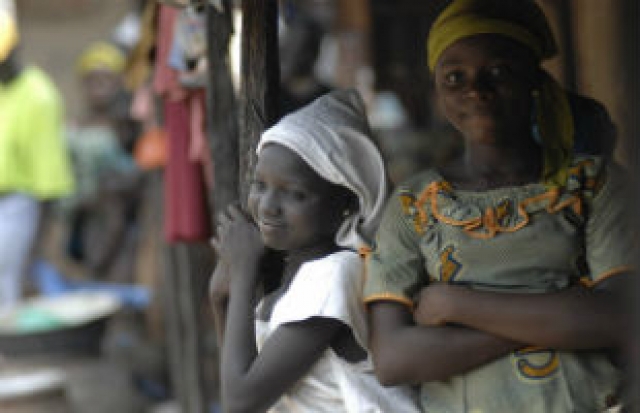Health needs from humanitarian emergencies at an all-time high
 05 April 2016 -WHO and partners need US$ 2.2 billion to provide lifesaving health services to more than 79 million people in more than 30 countries facing protracted emergencies this year, according to WHO’s Humanitarian Response Plans 2016 launched today.
05 April 2016 -WHO and partners need US$ 2.2 billion to provide lifesaving health services to more than 79 million people in more than 30 countries facing protracted emergencies this year, according to WHO’s Humanitarian Response Plans 2016 launched today.
WHO and health partners are working together to provide urgent health services including essential medicines, vaccines and treatment for diseases such as cholera and measles, often in insecure and extremely difficult settings. Collectively we need US$ 2.2 billion to provide lifesaving health services, of which WHO is appealing for US$ 480 million.
“The risks to health caused by humanitarian emergencies are at an all-time high,” says Dr Bruce Aylward, Executive Director a.i., Outbreaks and Health Emergencies, WHO. “And the situation is getting worse. The increasing impact of protracted conflict, forced displacement, climate change, unplanned urbanization and demographic changes all mean that humanitarian emergencies are becoming more frequent and severe.”



